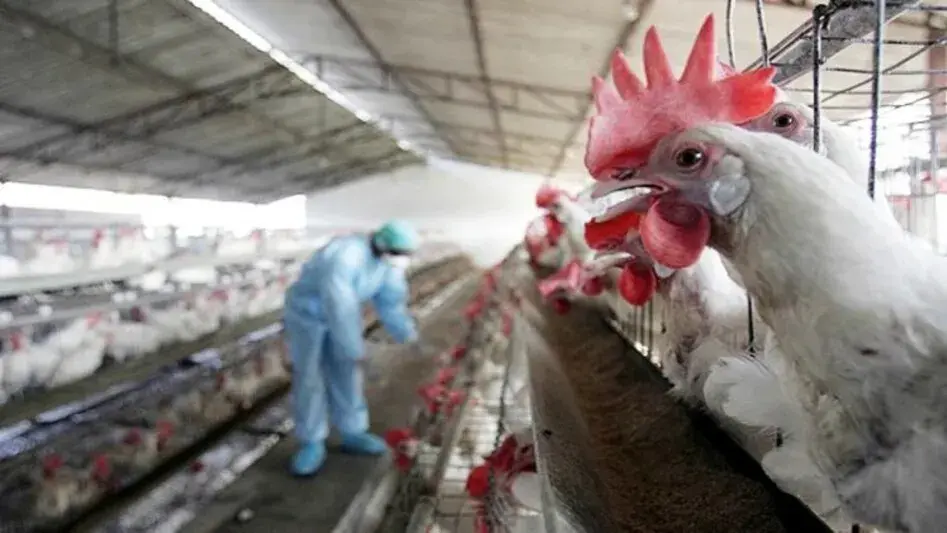Updated 12 June 2024 at 14:06 IST
WHO Confirms First Bird Flu Case in India, 4-Year-Old Tests Positive For H9N2 Virus
No family or known person who came in contact with the child reported symptoms of respiratory illness.
- India News
- 2 min read

New Delhi: On Tuesday, June 11, the World Health Organisation confirmed that a case of bird flu caused by the H9N2 has been detected in a four-year-old child in West Bengal.
According to WHO, the child was admitted to the pediatric intensive care unit (ICU) of a local hospital in February this year due to persistent severe respiratory issues, including high fever and abdominal cramps. Three months later the child was discharged after diagnosis and treatment.
Furthermore, the World Health agency stated that the patient has exposure to poultry at home and in his surroundings. However, no family or known person who came in contact with the child reported symptoms of respiratory illness.
The WHO added that it did not have any information regarding the antiviral treatment administered to the child as well as about his vaccination status.
Advertisement
Second Human Case of Bird Flu in India
The recent case is said to be the second case of human infection of the H9N2 bird flu from India. The first one was reported in 2019, WHO confirmed.
As per the International Health Regulations (2005), “a human infection caused by a novel influenza A virus subtype is an event that has the potential for high public health impact and must be notified to the WHO.”
Advertisement
Generally, humans are infected by avian influenza A(H9N2) virus when they are exposed to contaminated environments or infected poultry surroundings. Such infections cause mild clinical illness.
Although the H9N2 virus generally causes mild illness, the United Nations agency said there can be sporadic human cases because the virus is 'one of the most prevalent avian influenza viruses' that has spread in poultry in different regions.
Published By : Tanisha Rajput
Published On: 12 June 2024 at 12:39 IST
